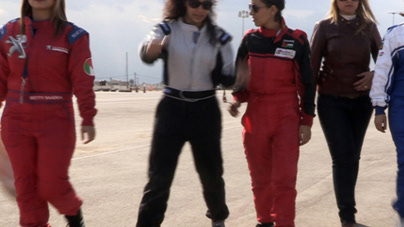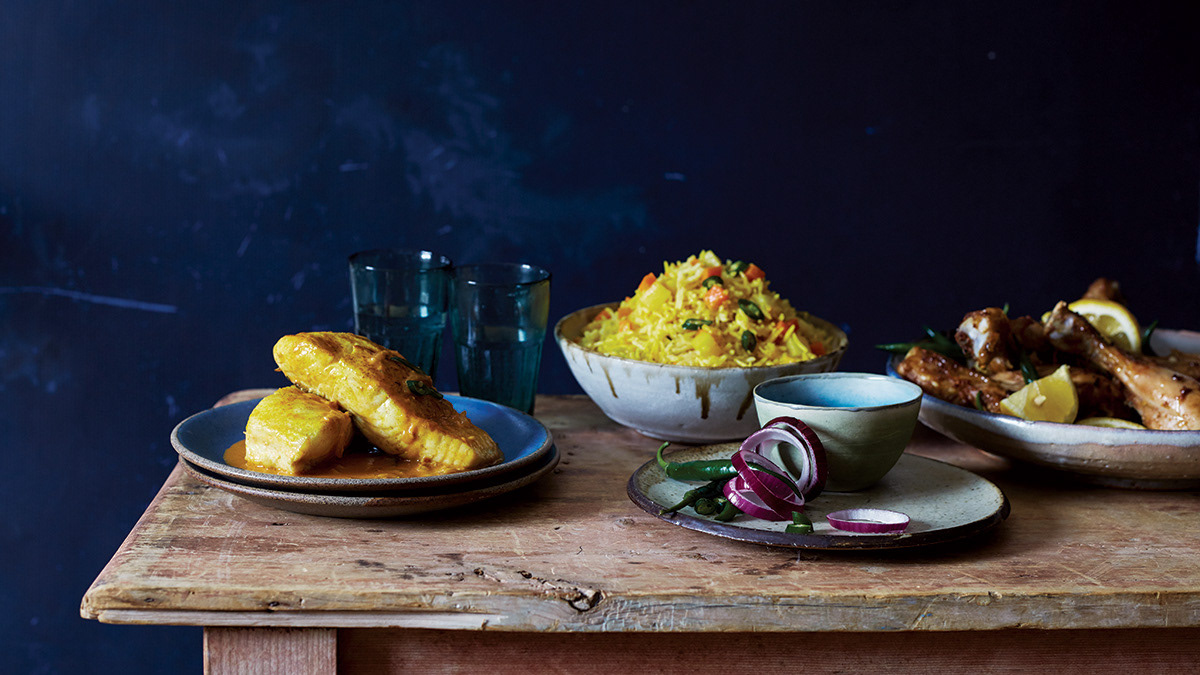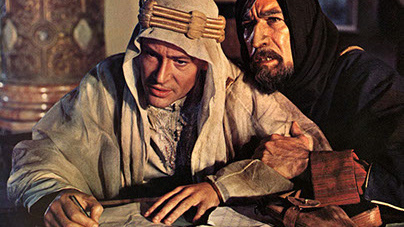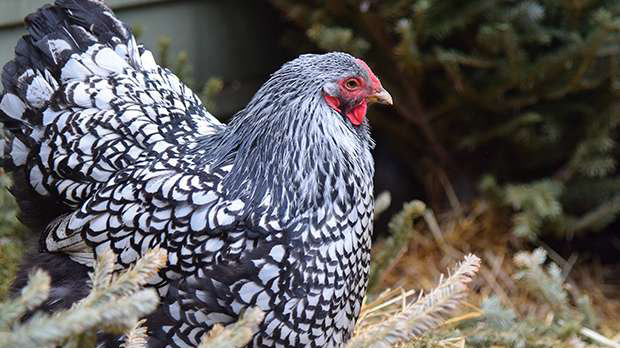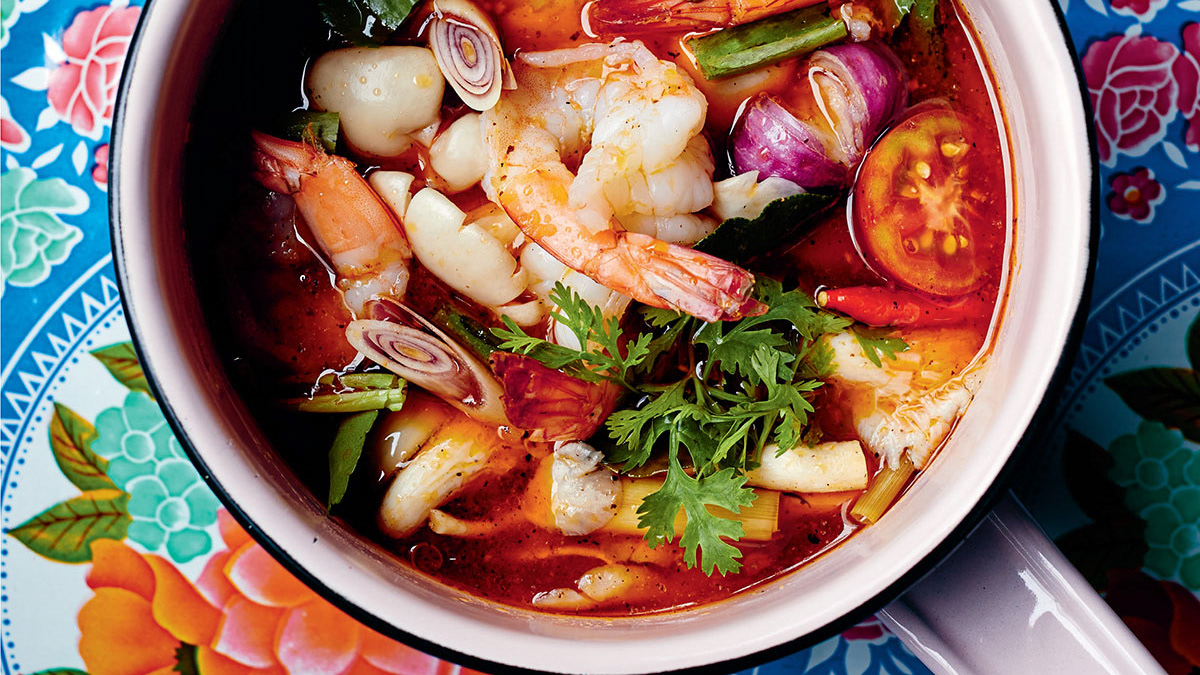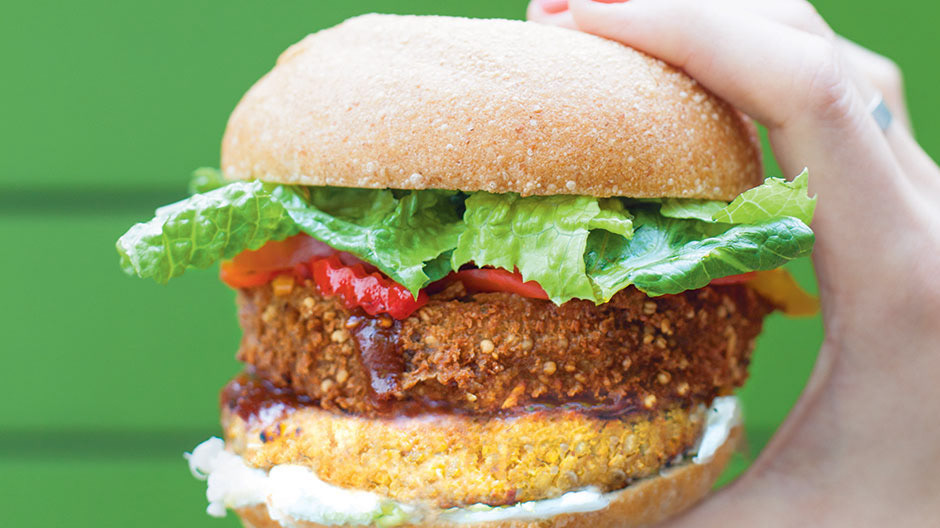PHOTO: Da Capo Press
Laura Brehaut/Postmedia News
Originally published on June 14, 2013; canada.com
Originally published on June 14, 2013; canada.com
PUBLISHED IN PRINT:
Ottawa Citizen: September 7, 2013; page K1
Ottawa Citizen: September 7, 2013; page K1
Travel writer Matt Gross knows better than most – if you travel often enough, things can and will go wrong. While writing his Frugal Traveler column for The New York Times, and later the Getting Lost series, Gross travelled far and wide. He estimates he has travelled to at least 60 countries, and written nearly 200 articles for The New York Times, and magazines such as Saveur and Afar.
For his first book, The Turk Who Loved Apples: And Other Tales of Losing My Way Around the World (Da Capo Press, 2013), Gross looked back at his travels and determined that although his experiences definitely had breadth, he hadn’t spent more than a week or two in each country. Realizing most travel books tend to focus on specific countries or regions, Gross spent some time figuring out what unified his disparate experiences. He came up with two central ideas that form the basis for The Turk Who Loved Apples. “One was that I had dealt with a lot of crappy travel,” Gross says with a laugh in a telephone interview. “Everywhere I’d been I’d gotten sick, I’d gotten lost, I’d been alone or scared or poor, naïve or unprepared, and I felt like I have a lot of experience dealing with these things.”
Recognizing that he wasn’t alone in enduring travel pitfalls led him to the second central idea; that he had coping mechanisms to share. The book is organized around these less-than-ideal travel events, including his lack of preparedness in Vietnam and Tunisia, and a not-brief-enough bout of giardiasis. “I could trace a path of progress for myself from being a young, naïve traveller in my early 20s to now,” he says. “Dealing with these pitfalls has made me into a more independent traveller; more capable of relying on myself and not needing the help of other people; of travel agents, of guide books, of magazine articles, newspaper articles or websites.”
In fact, Gross writes in the Introduction that he’d like readers to become independent travellers, and learn to travel without relying on guide books and the kinds of articles he writes for a living. How does a writer reconcile these things? “I always say that my greatest hope for any article I write is for my readers to finish it and say, ‘Ah, that Cambodia article really makes me excited about my upcoming trip to Buenos Aires,’” he says. “Not because I’ve turned them away from Cambodia but because I’ve given people ideas about how they can travel according to their own desires.”
He emphasizes that communicating this philosophy is as important to him as sharing specific tips or advice about travelling to a particular place. “I want people to see how I travel and say, ‘You know, I can do that too in my own way and to my own favourite destinations,’” he adds.
Food is central to how Gross experiences other cultures, evidenced by his current job as editor of BonAppetit.com. “Liking a cuisine isn’t the same thing as understanding how to eat it – order it, and where, and when, and why,” Gross writes in The Turk Who Loved Apples. He believes that sharing food is likely the quickest way to connect with another culture and people.
From grasshoppers with chili and lime in Oaxaca, Mexico, stinky tofu (an odorous, fermented street food) and pig-blood “popsicles” in Taipei, Taiwan, to foie gras poutine and Au Pied de Cochon’s “duck in a can” in a wintry Montreal, Gross’ travels have included some adventurous eating. “When you can show up in a new place and sit down to a meal with a local and enjoy it, local peoples’ eyes will light up when they see you liking the same food that they do,” he says. “It makes things so much easier. To share a particular joy with someone and this is a joy that in most places people are going to experience three times a day. If you don’t want to eat, if you don’t like the food of a place, you’re on the outs in a way. You’re going to be cut off from a certain set of experiences.”
Gross’ first independent trip abroad was to Vietnam in his early 20s – a trip that was largely spurred on by his love for the food. He writes in the book about how he didn’t just eat there, but learned how and what to eat as well. “[Eating was] at the core of my being there; Vietnam is a great place to eat,” he says, adding that Argentina and the Sichuan province in China were other culinary highlights. “I just did a story for Saveur magazine that came out a few months ago about eating my way through Chengdu, and all the spicy food there. It’s fantastic stuff,” he says.
As for the titular Turk – without giving too much away – the encounter represents as Gross puts it, “an inflection point” in his travels and is the emotional centre of the book. The exchange takes place as Gross is WOOFing (World Wide Opportunities on Organic Farms) at an apple orchard in rural Turkey. Farmer Kemal Görgün knew approximately four English words, which was pretty much the equivalent of Gross’ Turkish language knowledge. “Being alone in a Turkish apple orchard for several days with a farmer who didn’t speak any English, and yet sort of miraculously bonding with and befriending him showed me that I could kind of do these things; that despite all of my naiveté and [unpreparedness] I could have these great experiences,” Gross says.
